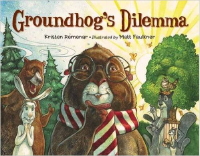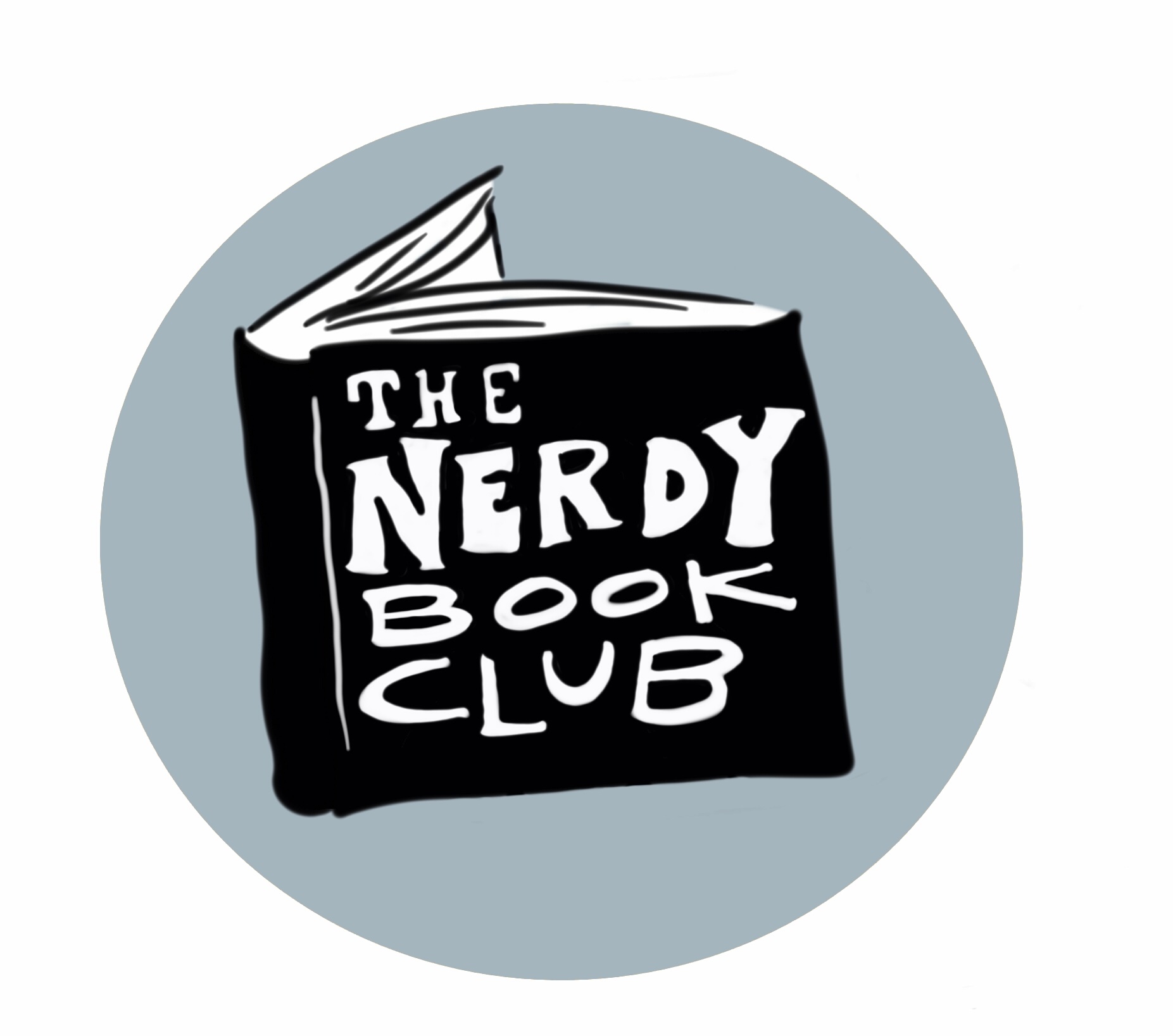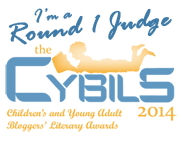
Talking about race is hard for me, but that doesn’t let me off the hook. Racism isn’t either/or, as in I don’t shout hateful slurs therefore I’m not racist. I’m racist because I’d rather hide any prejudice I have from growing up as a white, middle-class, suburban female in America than have important conversations where I might feel uncomfortable. My silence won’t help our kids. So let’s talk about it.
Let’s Talk About Race was written by Julius Lester and illustrated by Karen Barbour. Lester, who sadly died in 2018, wrote, “I am a story. So are you. So is everyone.” He wanted kids to know that being African-American was an important part of his story, not the entirety of it. He wanted to engage kids in conversations to see our differences and our commonalities. “What is your favorite food, your religion, your favorite color, your nationality? All of these things are a part of our stories.” But, he reminds us all, “…some stories are true. Some are not. Those who say ‘MY RACE IS BETTER THAN YOUR RACE’ are telling a story that is not true.”
After you read Let’s Talk About Race with your kids, talk about race! Open up a safe conversation where students can share and ask questions. Work hard not to deny experiences, and challenge with compassion any statements that make others “less than.” And talk about all the other wonderful parts of our stories, from favorite foods to hair color to pet peeves. You can make a questionnaire based on all the elements Lester talks about for kids to answer about themselves. Then, kids can find someone who had the same answer on their list. When we help our children talk about race and equality, we help build a stronger, kinder world.








Appropriate for Kinders? I had not heard of this book and value your expertise as always!
Hi, Michelle! It is absolutely appropriate for kinders. It might be a good one for the “cross the line” game. You can line all your students up on one side of the room. Then ask questions like, “Cross the line if you have curly hair.” “Cross the line if you like macaroni and cheese.” Including our racial/ethnic differences in this game makes it ok to talk about and to celebrate like we do other characteristics.
Yay for you for being such a thoughtful teacher!